Rio 2016: Yorkshire maintains vital role in midst of golden era for Team GB
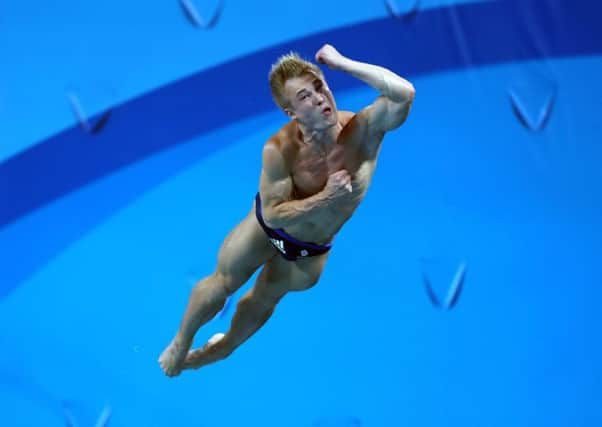

Four years earlier in London, the White Rose crowned seven Olympic champions and would have come home 12th, leaving even Usain Bolt’s Jamaica trailing in its wake.
If, as the saying goes in cricket, a strong Yorkshire means a strong England, then shouldn’t we now be able to say that in Olympic sports, a strong Yorkshire makes for a strong Great Britain?
Advertisement
Hide AdAdvertisement
Hide AdTeam GB finished second on the medals table at Rio 2016, winning 67 medals, 27 of them gold, in a performance that not only built on the success of London 2012, but eclipsed it.
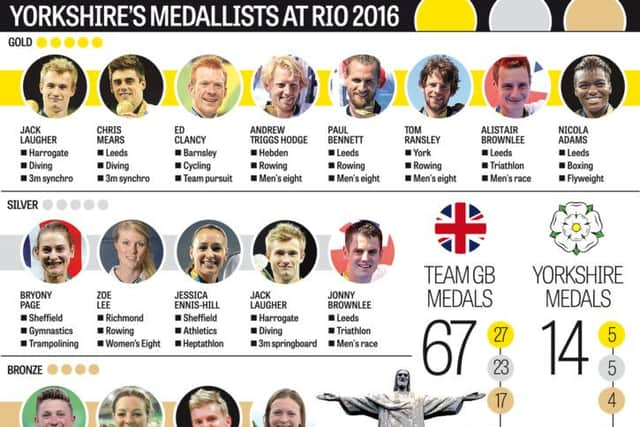

This is indeed a golden era for Britain’s Olympic sports – thanks largely to funding from the National Lottery and the way those resources are channelled towards winning the big prizes.
Yorkshire is at the very heart of this. Athletes representing the county either by birth, residence or club affiliation won 14 medals in Rio.
God’s Own County boasts household names, dependable Olympians for whom a gold medal these past two cycles has felt almost inevitable, and there are no finer examples of that than Alistair Brownlee and Nicola Adams.
Advertisement
Hide AdAdvertisement
Hide AdIt has the country’s supermum in Jessica Ennis-Hill, denied only a second successive gold by a 21-year-old from Belgium who had to set five personal bests to beat her.
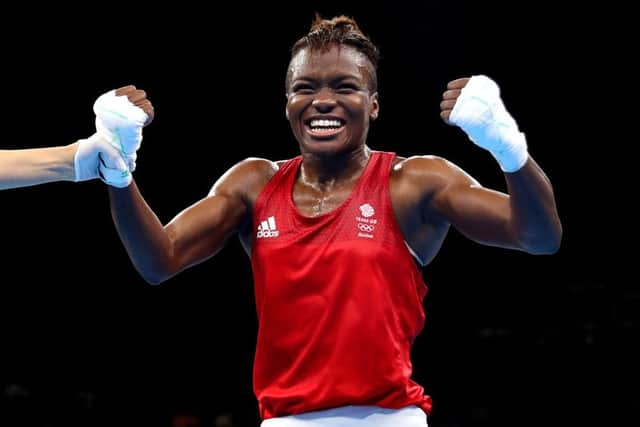

We have unsung heroes who thrive on being the driving force in a team environment; Ed Clancy and Andrew Triggs Hodge.
Together, those five phenomenal Yorkshire athletes have won 11 medals between them in the last two Olympics, nine of them gold.
But as well as that dependable backbone – the spine of Team Yorkshire in an Olympic Games – Rio also saw the blossoming of some of this county’s finest talents.
Advertisement
Hide AdAdvertisement
Hide AdJack Laugher and Nile Wilson have promised much in recent global events leading up to the Olympics, and delivered when it mattered most.
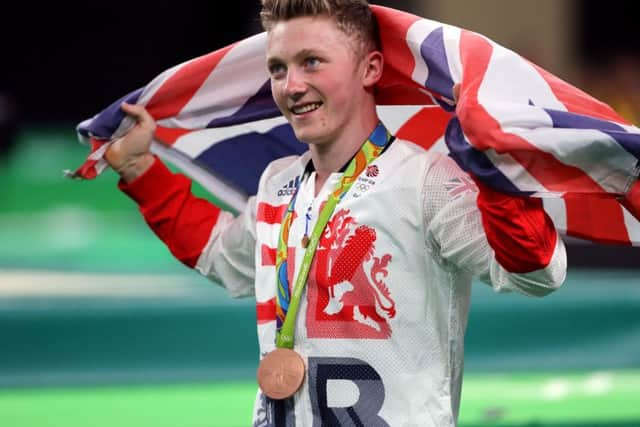

In terms of medals, exceeding expectation and delivering when the stakes were at their highest, Laugher has to be Yorkshire’s star of Rio 2016.
Gold alongside his housemate and City of Leeds Diving Club colleague Chris Mears in the 3m synchro, followed by silver in the individual discipline, is an historic and remarkable return.
We knew the 21-year-old was good, he knew he was good, and even diving legend Greg Louganis picked him out as one to watch a few years back – but good enough to beat the very best with the eyes of the world on him? Now that was a truly Olympian effort.
Advertisement
Hide AdAdvertisement
Hide AdWilson, likewise, had shown he could deliver at a major Games with his performance at the Commonwealths in Glasgow two years ago.
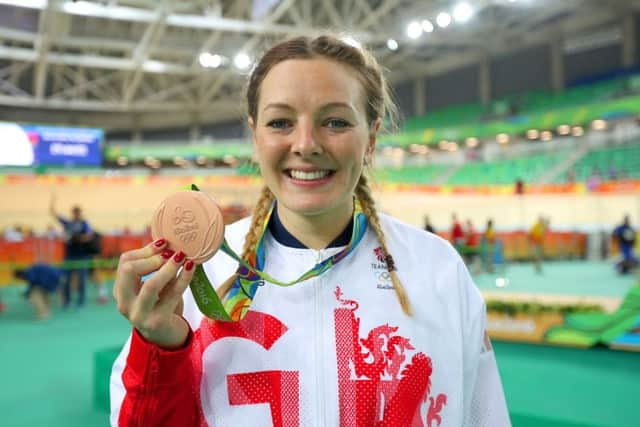

Now he has an Olympic bronze medal to show for it, the first this country has won in the men’s horizontal bar.
Yorkshire has also established itself as the epicentre of British Triathlon.
We all know about the Brownlees of course, but even their running mate in Rio – Gordon Benson – was from Leeds. And now, thanks to the lure of the world-beating brothers and the unbeatable urban and rural terrain around these parts, equality has been achieved.
Advertisement
Hide AdAdvertisement
Hide AdTwo of the three women to represent Team GB in Brazil last Saturday moved up to Leeds because as the magnet for the sport, they knew they had to train with the best to enhance their chances of beating the best.
It nearly worked, Vicky Holland beating housemate Non Stanford to the bronze medal.
The Manchester Velodrome is known as the ‘medal factory’ by British Cycling. The GB triathlon centre in Leeds could soon be making a similar claim.


Rio was full of surprise packages, and Yorkshire produced its fair share of those unknown quantities.
Advertisement
Hide AdAdvertisement
Hide AdMarcus Ellis of Huddersfield and his badminton men’s doubles partner Chris Langridge arrived in South America as the 22nd seeds. The term long shot was overstating their chances, but they defied the odds and fought their way through the rounds before picking themselves up after defeat in the semi-final to return 48 hours later to win bronze.
Katy Marchant took bronze in the women’s sprint, beating an experienced Dutch cyclist in the medal shootout, just months after thinking her Olympic dream was over when she and her colleagues were unable to qualify for the team sprint. And then there was Bryony Page of Sheffield, bouncing into living rooms on a Friday night with a silver medal in the trampolining.
In all, Yorkshire athletes won medals across eight different sports. According to data management company hopewiser.com the Broad Acres contributed 8.60 per cent of athletes but won 20.89 of the medals won by the nation.
Which goes to underline the point – a strong Yorkshire equals a strong Team GB.